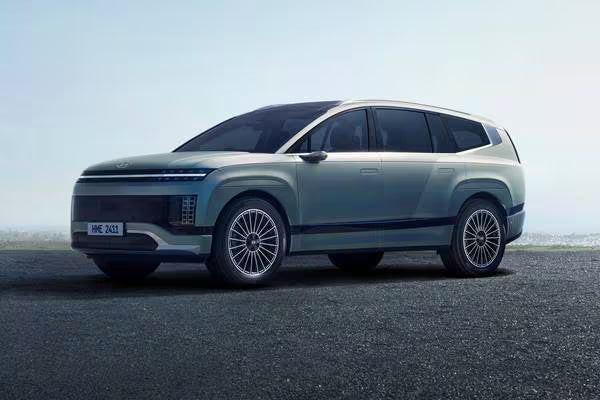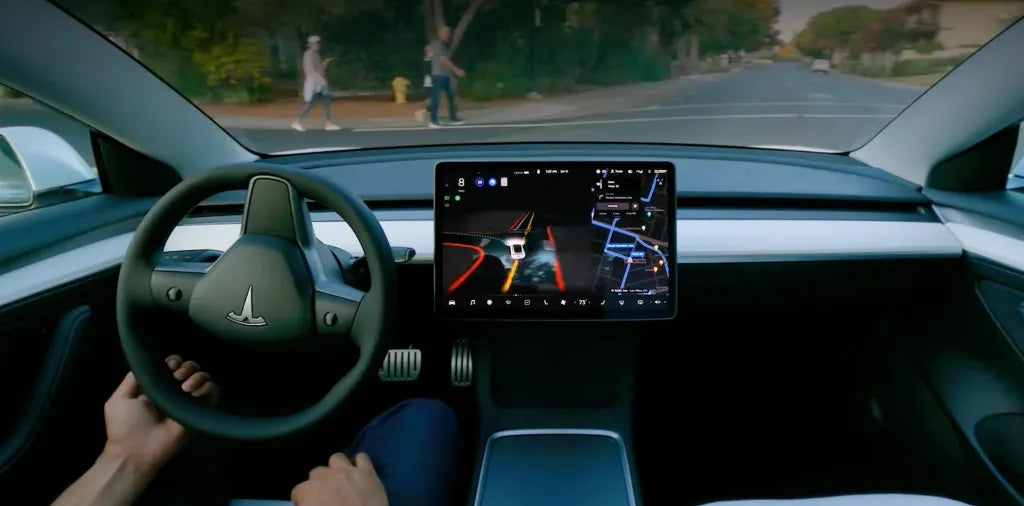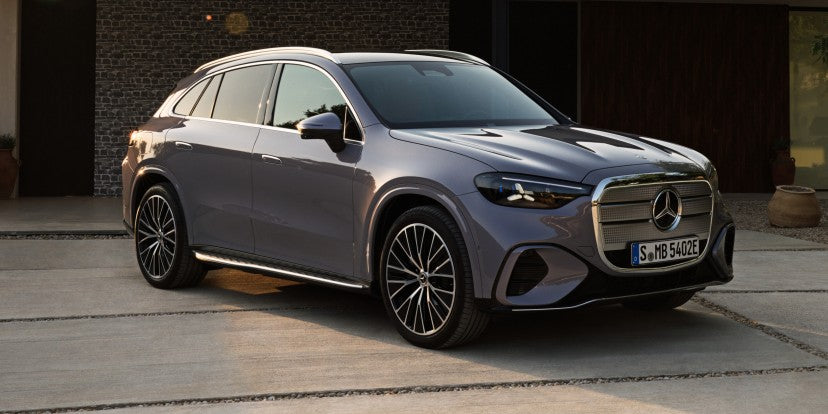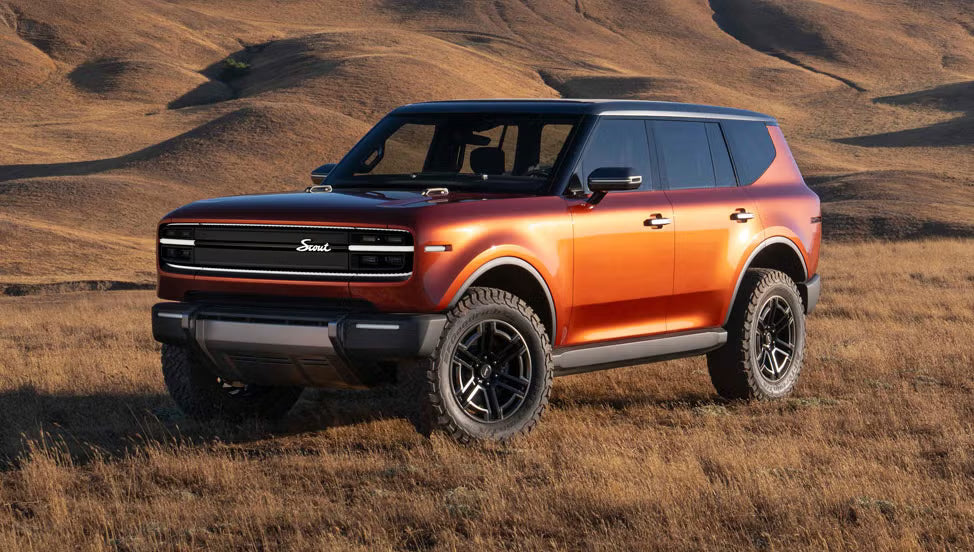Price Gap Raises Questions
Hyundai’s Australian chief executive, Don Romano, has voiced doubts over how Chinese carmakers can continue offering electric vehicles (EVs) tens of thousands of dollars cheaper than rivals, despite using similar materials and manufacturing processes.
Speaking to media, Romano acknowledged Hyundai gains only a small cost advantage when building cars in China for local markets. By contrast, brands like BYD, MG, Geely, and Leapmotor are delivering EVs at prices that undercut Hyundai’s offerings by significant margins.
“When you look at the same systems, equipment, and materials, costs should eventually reach an equilibrium,” Romano said. “Pricing then comes down to distribution and marketing.”

Are Chinese EVs Being Sold at a Loss?
When pressed on whether Chinese brands may be selling at a loss to capture market share, Romano declined to speculate but noted widespread reports of government subsidies and support.
He argued that global manufacturing costs tend to equalize over time, citing decades of shifts in production expenses across countries. However, for now, Chinese brands appear to hold a strong price advantage in the EV market.
Tariffs and Trade Tensions
China’s competitive pricing has drawn scrutiny in major markets:
-
European Union: In 2024, imposed tariffs up to 35.3% on Chinese-built EVs after concluding they were unfairly subsidized, threatening EU manufacturers.
-
United States: Import duties on Chinese EVs were raised from 25% to 100% under President Joe Biden, citing “unfair trade practices” and “artificially low-priced” exports.
Despite these measures, Chinese EVs remain aggressively priced in less regulated markets such as Australia.
Australia’s Cheapest EVs Highlight Gap
Australia’s market shows the stark difference:
-
Geely EX5 mid-size electric SUV: $40,990 before on-road costs — less than $2,000 more than a petrol Hyundai Tucson.
-
BYD Dolphin hatchback: $29,990, with more equipment and longer range than Hyundai’s smaller $39,000 Inster electric SUV.
Romano acknowledged that there will always be manufacturers able to produce cars more cheaply somewhere in the world, but emphasized Hyundai’s focus on brand strength and quality rather than solely on price competition.
Kia’s China Strategy vs Hyundai’s Approach
Hyundai’s sibling brand Kia has embraced Chinese production for Australia, sourcing the EV5 SUV from a plant near Shanghai, enabling a starting price of $56,770 — significantly lower than the Korean-built EV6 at $72,590.
Hyundai competes in this segment with the $69,800 Ioniq 5 and produces the Elexio in China (based on Kia EV5) for other markets, though it has not confirmed Australian sales.
Asked whether building in China would cut Hyundai’s prices, Romano responded:
“You’d think so, but no… It depends on demands on the manufacturer, distribution time, and even issues like port conditions.”

More Than Just Factory Costs
Romano highlighted that manufacturing location is only one factor in final pricing. Shipping times, logistics costs, and handling issues can offset production savings. For example, importing from India can add significant expenses, and even port dust or damage can impact costs and quality.
Ultimately, Romano believes the pricing advantage will diminish over time:
“Whether in Korea or China, small advantages can be balanced out. It’s one big economic environment, and eventually, costs will level worldwide.”
Bottom Line
The low prices of Chinese EVs have intensified global competition, prompting questions about subsidies, trade policy, and long-term sustainability. While Hyundai remains cautious about chasing price cuts, the brand faces growing pressure as Chinese manufacturers expand their market share with aggressive pricing strategies.
Recommend Reading: How Far Does a IONIQ 5 Go on a Full Charge?








Share:
Tesla Cybertruck Resale Prices Plunge Amid Brand-Wide Decline
2026 Tesla Model Y vs. 2025 Ford Mustang Mach-E: EV Rivals Face Off Again